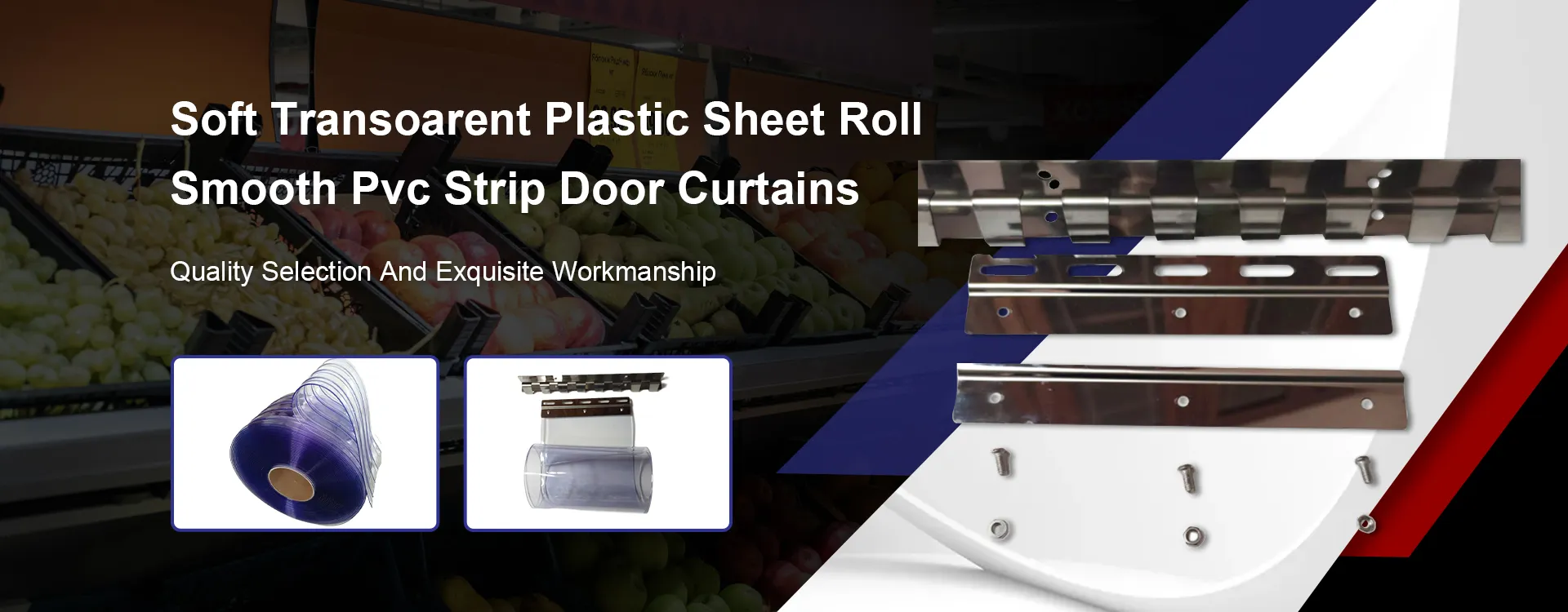industrial curtain
The Importance of Industrial Curtains in Modern Manufacturing
Industrial curtains are increasingly gaining recognition in various sectors of the manufacturing industry. These versatile barriers serve multiple purposes, optimizing workflows, enhancing safety, and maintaining hygiene. In an age where efficiency and sustainability are paramount, industrial curtains stand out as a practical solution to many common challenges faced by factories, warehouses, and distribution centers.
One of the primary benefits of industrial curtains is their ability to create distinct areas within a larger workspace. This is particularly useful in environments where different processes must occur simultaneously. For instance, in an automotive manufacturing plant, separating painting, assembly, and storage areas can prevent contamination and ensure each process runs smoothly. By providing clear demarcations between zones, industrial curtains promote a safer work environment, reducing the risk of accidents and injuries.
Another significant advantage of industrial curtains is their contribution to temperature regulation. Many manufacturing processes require specific conditions, such as controlled temperatures or humidity levels. Industrial curtains can help maintain these environments by acting as thermal barriers. For example, in a cold storage facility, heavy-duty curtains can prevent cold air from escaping, thus reducing energy costs and maintaining the integrity of the products stored within. Conversely, in a hot environment, they can help contain air conditioning, ensuring that workers remain comfortable.
industrial curtain

Moreover, industrial curtains play a crucial role in minimizing the spread of dust and debris. In many manufacturing settings, exposure to airborne particles can lead to respiratory issues for employees and contaminate products. By using sturdy, high-quality curtains, businesses can mitigate these risks effectively. The curtains act as filters, trapping particulates and preventing them from drifting into other areas of the facility. This not only protects workers but also ensures the production of high-quality goods.
Hygiene is another area where industrial curtains provide significant benefits. In industries such as food processing, pharmaceuticals, and electronics, maintaining cleanliness is essential. Industrial curtains can create clean rooms or hygienic barriers that separate sterile environments from non-sterile areas. They can be easily cleaned and replaced, making them a practical choice for businesses aiming to uphold high hygiene standards.
Lastly, flexibility is one of the standout features of industrial curtains. Unlike permanent walls, they can be moved, adjusted, or removed as needed. This adaptability allows businesses to reconfigure their layouts quickly in response to changing needs, whether expanding production lines or adjusting to new safety regulations.
In conclusion, industrial curtains are an invaluable investment for modern manufacturing facilities. They enhance safety, regulate temperature, control dust, maintain hygiene, and offer unparalleled flexibility. As industries continue to prioritize efficiency and adaptability, the role of industrial curtains is only set to grow, making them an essential component of any manufacturing operation.
-
Durable Welding Strip Curtain Rolls for Safety & EfficiencyNewsAug.21,2025
-
Heavy Duty Cold Room PVC Strip Curtains - Energy Efficient SolutionsNewsAug.19,2025
-
Durable PVC Curtain Track - Easy Install & Smooth GlidingNewsAug.18,2025
-
Durable PVC Strip Curtain Hanger | Stainless Steel MountNewsAug.17,2025
-
PVC Folding Curtain: Space-Saving & Stylish PrivacyNewsAug.16,2025
-
Industrial Roll Up Curtains | Durable & Clear PVC SolutionsNewsAug.15,2025



